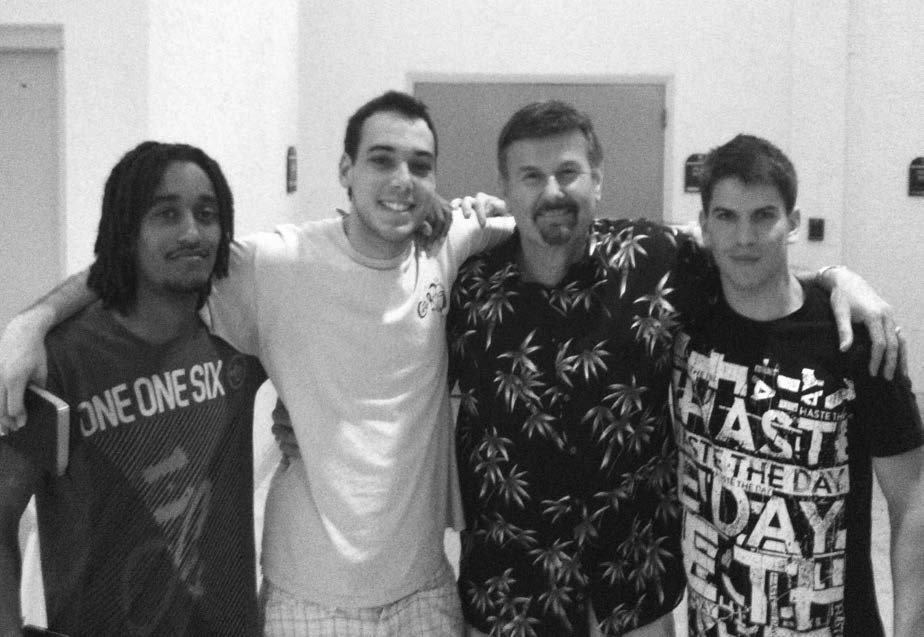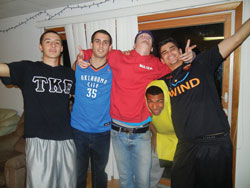On Thursday, March 18, the sisters of Chi Upsilon Sigma’s Gamma Beta Chapter hosted a virtual event called “Disparities in Health Care Amongst Different Cultures.” The informative event sought to educate those in attendance about the many ways in which different cultures treat illness and variations in access to health care.
According to the moderators, Paola Reyes-Duran and Yarleny Mejia, accessibility and quality of health care are often dependent on demographic factors such as gender, age, class, and ethnicity. This can harmfully impact less fortunate patients and lead to a greater risk of illness, injury, disability, and mortality.
To illustrate just how detrimental this can be, an interactive “true or false” activity allowed participants to test their knowledge on the topic of unequal access to healthcare. Interestingly, the activity highlighted the fact that Native Americans and Alaskans are frequently less likely to receive colorectal cancer screenings.
This is due to the fact that many Native Americans and Alaskans must travel beyond the borders of reservations to access traditional American health care systems, and that many health insurance policies cause them to have reservation-specific healthcare, due to laws and ways of living.
What really intrigued participants was the fact that, unlike traditional American medicine, many cultures rely on the use of natural and herbal remedies. For example, the Chinese often rely on remedies made from deer antlers, rhino horns, and turtle cells.
This opened up discussion among participants, some of which wondered if medical professionals are taught to be cognisant of these medicinal preferences. Duran-Reyes, who is a nursing student at the University, said, “There is a class that is provided within the nursing program, called Transcultural Health, and we actually spent the whole semester learning about the cultural differences between each demographic…how they perceive health and illness.”
Mejia added, “I took Alternative and Complementary Health. The whole class is about holistic healing and methods in different cultures.”
Another interesting conversation during the event was concerning illnesses that are not caused by natural occurrences or the physical world. Both Mejia and Duran were able to testify to spiritual instances of sickness and healing, like “Mal de Ojo,” and using egg tapping.
Duran said, “My mother was not feeling great, so she decided to have an egg tapping performed on her, which allows people to know if there is an evil eye attached to the person’s soul or spirit. My mother knew she had been given evil eye because once the egg tapping was performed, the egg was cracked and came out completely black.”
Mejia had a similar experience with an evil eye, or “Mal de Ojo,” as well. She said, “When I experienced “Mal de Ojo,” I was a newborn who almost passed away because someone did Mal de Ojo onto me. Luckily, my mother was close friends with a nurse who was able to cure me and is the reason why I am still alive today. Mal de Ojo is very real, so always remember to protect your energy.”
The final discussion that took place during the event was about higher incidences of conditions like tuberculosis, malnutrition, cancer, diabetes, and lead poisoning within Spanish families. This by and large is due to socioeconomic class, living conditions, and access to affordable health care.
This event was eye-opening and inspiring for attendees, who were previously unaware of the differences in access to health care, and ways of healing across cultures.
For more information on future events that Chi Upsilon Sigma will be holding, be sure to follow them on Instagram, @cus_gammabeta.
PHOTOS COURTESY of Chi Upsilon Sigma. Gamma Beta



